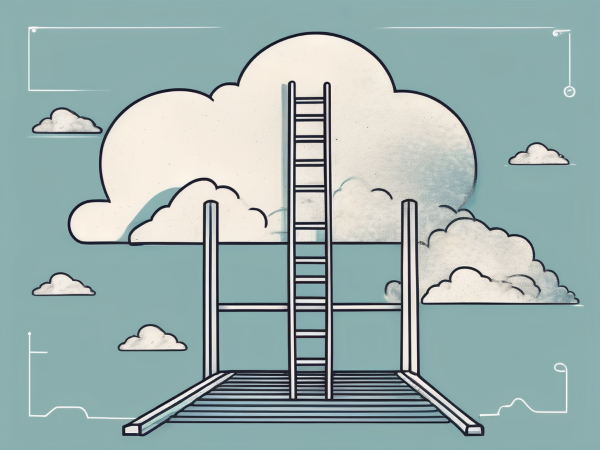
Send Us Your CV
Send us a copy of your CV and we'll see if you match any open opportunities we have.
Do women actuaries suffer from Imposter Syndrome? At some point, nearly everyone suffers fr...

At some point, nearly everyone suffers from Imposter Syndrome. This is usually defined as a psychological issue where people feel they do not deserve the achievements they have made, and that, at some point, people are going to find out that they are not as qualified, experienced or capable as their position might indicate. It’s something that people have begun talking about in recent years, spurring the discovery that most of us have experienced it at some point. In fact, studies suggest that around 25%-30% of high achievers can suffer from Imposter Syndrome – and that around 70% of people have felt this way at least once in their lifetime. In the 1970s, Pauline Rose Clance and Suzanne Imes of Georgia University wrote a paper titled: “The Imposter Phenomenon in High Achieving Women: Dynamics and Therapeutic Intervention”.
At the time, they suggested that early family dynamics followed by societal expectations caused high-achieving women to experience this feeling despite their academic or professional excellence. More than 40 years later, the syndrome still appears to be more prevalent with women, although men also report having the same issue. Women in high pressure working environments can certainly feel like imposters – even if they are as equally qualified and experienced as those around them. Imposter Syndrome is closely related, psychologically, to perfectionism, and if there is an overriding culture of long hours, high achievement and high pressure, organisations could be fueling Imposter Syndrome, resulting in people leaving the organisation or becoming less productive. In the actuarial field, this can be compounded by unconscious gender stereotypes – largely because the work is maths-based.
Studies have shown that boys are often praised for being ‘talented’ at maths, whilst girls are praised for ‘working hard’. In adulthood, this translates to women who think they will only be good enough if they work hard – something that can trigger the Imposter Syndrome. So whilst there is much work to do within the profession in terms of understanding and managing the stresses and expectations of our actuarial team, the profession should also be looking to its future, supporting young women in STEM fields, mentoring and supporting programmes that encourage confidence in ability and be open about the possibilities and impact of Imposter Syndrome. Showing both women and men that it is fine to talk about these issues will help to overcome them, resulting in a happier, more productive and more collaborative workplace.